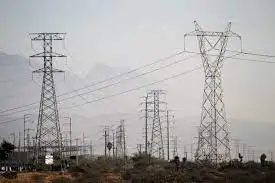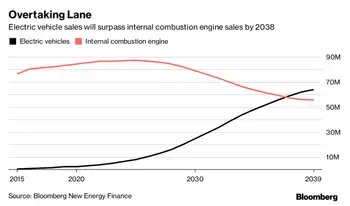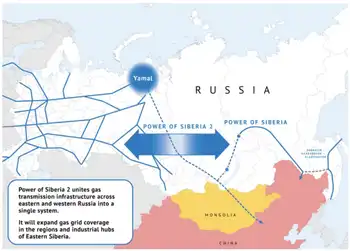Verizon Business, Current team up on smart grid
Utilities have struggled with a lack of technical infrastructure and operational challenges that Bob Heffron, utility market manager for Verizon Business, said the partnership will address. By combining Verizon's IP network, security, IT and communications experience with Current's intelligent distributed sensing business, the companies are pitching their services to utilities looking to integrate renewable energy sources and improve their operations of an IP-enabled smart grid.
The two companies will also enable two-way power consumption between electric companies and the sensors on their networks.
"The deployment of information technology across the utility grid is most pronounced on the generation and transmission side and, as you get closer to the user, there's less real-time awareness of the activities and potential issues arising as the electricity moves across the grid," Heffron said. "With Current, we can deploy sensors at key junction points and substations across the grid to provide a better state of awareness to the utility and bring it under one area."
Verizon has approached the smart-grid market with partnerships in mind from day one. It also counts Ambient, Itron and Qualcomm as its partners for grid solutions. Current Group, too, is counting on the partnership route and is working with Qwest Communication on a deployment for Xcel Energy.
Current Group has been using broadband-over-powerline (BPL) for its deployment with Qwest, but Heffron said they've realized that this technology only works to a certain degree. Trying to take it long distances has caused problems in its Boulder roll-out, because of interference from utility equipment, he said. For this reason, Current will only use BPL as an access solution and is looking to Verizon to provide wireless data collection.
Besides being the most logical path for telcos to enter the smart-grid market, partnerships like these are a way to appeal to utilities with simplified, integrated solutions that help them tackle the often overwhelming task of reinventing the nation's electric grid. Security, reliability and scalability will be important considerations for all utilities tackling the grid.
"Verizon Business has world-renowned security capabilities, so we've looked at the relationship that security plays in the grid, designing it in from the starting to end point, all the way across it and managing it and monitoring it," Heffron said. "We have data-center services, so they could manage it themselves, or those who don't want to spend money on their own data center – it's incredible amounts of incremental data – you could deploy that in Verizon Business data center."
Verizon and Current's offering will be available immediately to electric utilities as a substation-by-substation, application-by-application or enterprise-wide basis.
Related News

US Electricity Prices Rise Most in 41 Years as Inflation Endures
WASHINGTON - Electricity bills for US consumers jumped the most since 1981, gaining 15.8% from the same period a year ago, according to the US Bureau of Labor Statistics.
Natural gas bills, which crept back up last month after dipping in July, surged 33% from the same month last year, labor data released Tuesday showed. Broader energy costs slipped for a second consecutive month because of lower gasoline and fuel oil prices. Even with that drop, total energy costs were still about 24% above August 2021 levels.
Electricity costs are relentlessly climbing because prices for the two biggest power-plant fuels -- natural…





